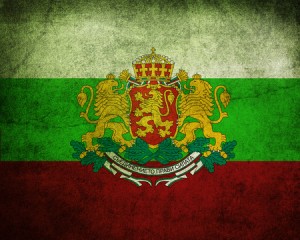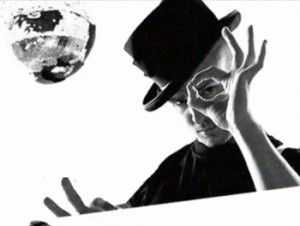When No Means…Yes?
 Fact: Nodding in Bulgaria means “no”
Fact: Nodding in Bulgaria means “no”
Imagine one of your most basic reactions – the nod – literally being turned on its head. For our entire lives, the nod has been a gesture that indicates agreement or acceptance; so much so that a study on the expression of emotions claimed that babies, when hungry, would search for milk by moving their heads vertically, and declining it by moving their heads from side to side. This is not the case in Bulgaria.
Bulgarians express approval or agreement by shaking their heads from side to side! This of course proves to be the source of a few very awkward moments in the market place in particular – agreeing on prices without this most basic reaction can’t be the easiest. But how did it come to be? Rumour has it that during the Ottoman Empire, Bulgarians switched things up in order to confuse the Turkish occupiers – and it stuck. Now even the simplest conversations you can have as a traveler take maximum concentration. Fortunately for us, the mix up is not seen as offensive. There are a number of countries around the world where simple gestures like this could get people a bit hot under the collar.
Calling a Korean over to you by curling your finger in their direction indicating “come here” would definitely get a reaction – this gesture, as harmless as it is to us, is seen as demeaning to them, and something you would use to call your dog over. In order not to make this mistake, be sure to ask Koreans (and the Japanese) to come to you by holding your hand out, palm down, and gesturing towards you like you’re moving water in your direction.
The thumbs up signal, meaning that ‘all’s good’ to most of us, means something completely different in the Middle East. Be careful to avoid this gesture, as while you might think you are reassuring someone that the tumble down the stairs you just took didn’t hurt, you could actually be implying that they could take their concern and shove it where the sun don’t shine.
 In fact, even the common ‘OK’ sign – touching your index finger to your thumb and holding the three remaining fingers up – could be misconstrued in certain countries. Turkey and Venezuela in particular find this gesture extremely offensive, with it implying that the person you’re showing it to is homosexual. In Brazil, it is the equivalent of flipping the bird.
In fact, even the common ‘OK’ sign – touching your index finger to your thumb and holding the three remaining fingers up – could be misconstrued in certain countries. Turkey and Venezuela in particular find this gesture extremely offensive, with it implying that the person you’re showing it to is homosexual. In Brazil, it is the equivalent of flipping the bird.
As you can see, there are a number of countries around the world that work using the same hand and body signs in very different ways. You should probably do a bit of homework before heading anywhere, in order to avoid confusion, or worse, offending a local.
What are some offensive hand or body signals in your country, that wouldn’t necessarily be somewhere else? If you’re interested in finding out more strange facts about Bulgarian culture, history and traditions, have a go at our True or False Bulgarian game!


